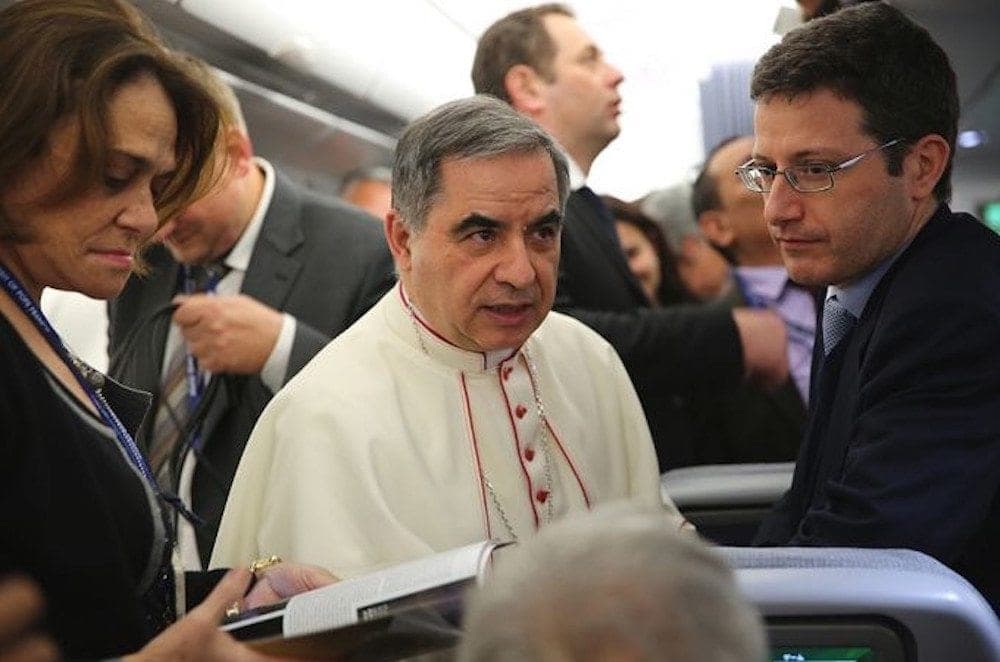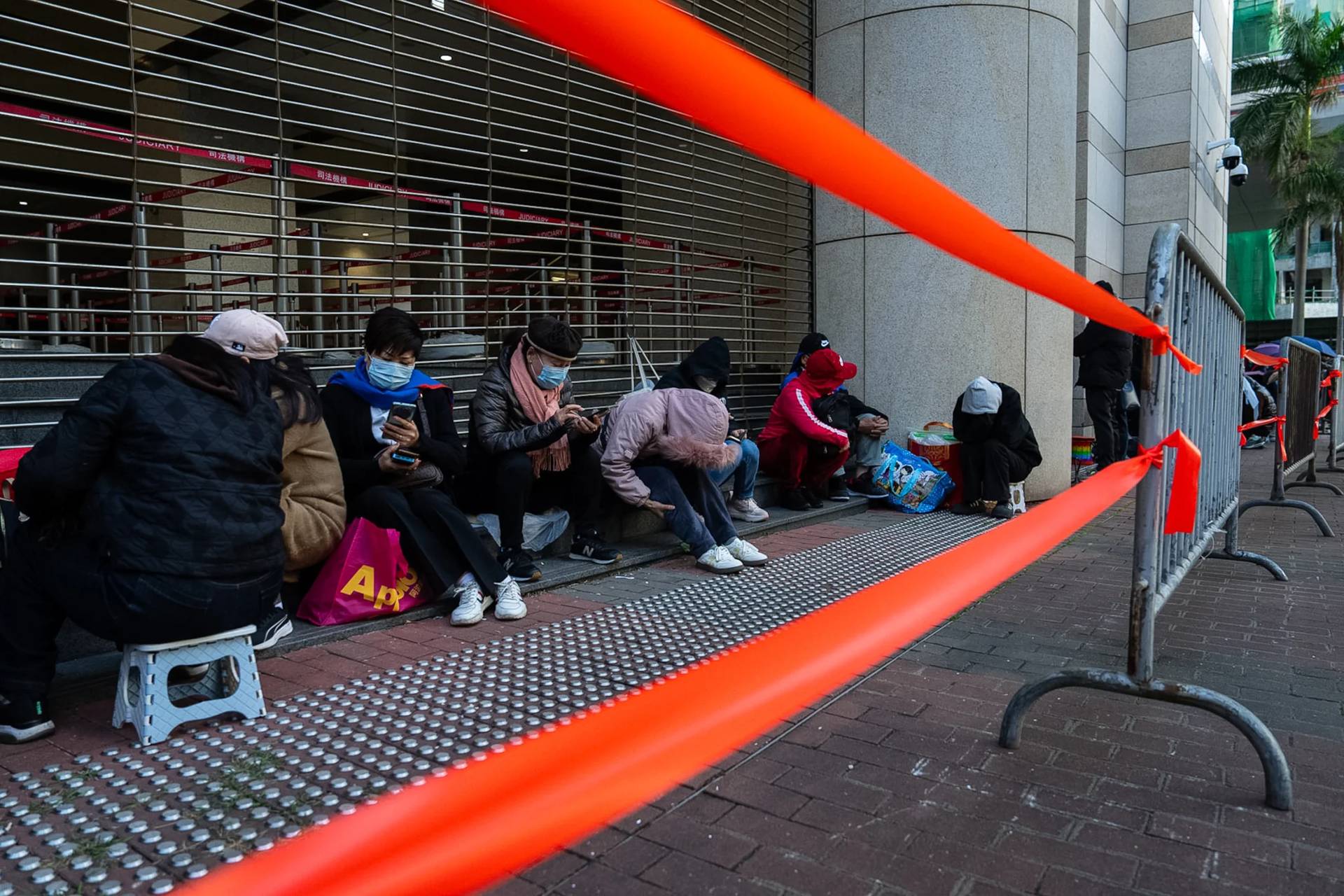Despite a recent decision to suspend a contract with the global firm Pricewaterhouse Coopers for an audit, the Vatican’s Press Office on Tuesday released a statement insisting that the “commitment to adequate economic and financial auditing remains a priority.”
“The suspension of auditing activities is not due to considerations linked to the integrity or quality of the work initiated by PwC, let alone the intention of one or more entities of the Holy See to block the reforms in progress,” said the statement.
“Issues have emerged regarding the meaning and scope of certain clauses of the contract and their methods of implementation,” the statement said. “Such elements will undergo the necessary examination. The decision to proceed in this way was taken after suitable consultations between the competent bodies and experts in the field.”
“It is hoped,” the statement added, “that this phase of reflection and study may take place in an atmosphere of serenity and collaboration.”
That line may have been a reference to perceptions of a cross-fire last week among senior officials in the wake of the suspension of the audit, over why it happened and who was to blame.
News broke on April 20 that the Vatican had suspended the PwC contract, shortly after it was executed, in an April 12 letter from Italian Archbishop Angelo Becciu, the number two official at the Secretariat of State, instructing all Vatican offices to stop cooperating with the audit.
The contract was arranged by the Vatican’s Secretariat for the Economy under Australian Cardinal George Pell, working in tandem with an audit committee of the Council for the Economy led by German Cardinal Reinhard Marx, and with British Monsignor Brian Ferme as secretary.
Although neither the April 12 letter nor the Vatican statement Tuesday specifies what the issues with the contract for the audit are, sources have told Crux that at least four objections have arisen.
First, there’s a question about who signed it, which reflects deeper tensions over who controls financial policy.
Becciu pointed to that question in an interview with the Italian network TV2000 last Thursday, in which he said “it emerged that the one who should sign this contract was not the entity that did it, but the Council for the Economy.”
In effect, the point seemed to be that Pell and the Secretariat for the Economy should not have been signatories to the contract, although Pell’s team insists it was appropriate for Pell to do so since his office was to pay PwC’s bills for their work.
Related is the question of who was informed about the terms, scope and cost of the contract before it was signed. Reportedly, both Marx and Italian Cardinal Pietro Parolin, the Vatican’s Secretary of State, told a mid-April meeting of the pope’s “C-9” council of cardinal advisors that they had not seen the full 60-page contract, although it was green-lighted by the Council for the Economy.
Second, there are concerns about provisions of the contract for the sharing of Vatican financial data within PwC and, theoretically, with external partners, in ways that some fear could compromise the Vatican’s autonomy as a sovereign state.
Third, there are clauses in the contract for the provision of other financial services which have generated fear of expanding PwC’s involvement in the Vatican’s financial operations beyond the scope of the audit.
Fourth, there’s a root question of how much responsibility for auditing the Vatican should out-source versus performing in-house.
Last June, Pope Francis appointed a Dutch-born, London-educated Italian accountant and risk management expert named Libero Milone to the new position of Auditor General. Since then, his office has hired three full professional auditors with extensive professional experience along with their staffs.
In theory, that Office of Auditor General was designed to the primary agency performing annual audits on Vatican finances, with the possibility of hiring external firms as necessary. The question, therefore, is whether the PwC contract in some ways could be seen as duplicating or undercutting the role of the new Auditor General.
The Vatican statement, which sources say was seen by the pope before its release, did not provide a timetable for how long the “examination” of the contract might take.

















